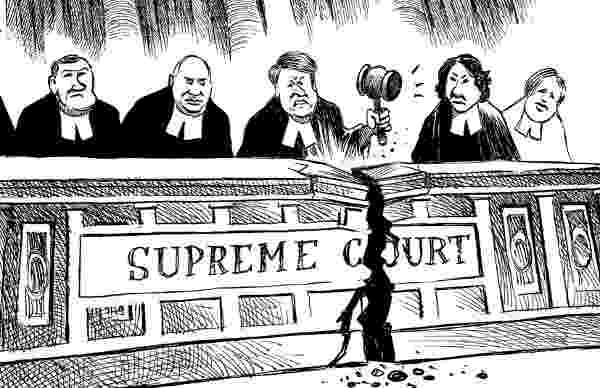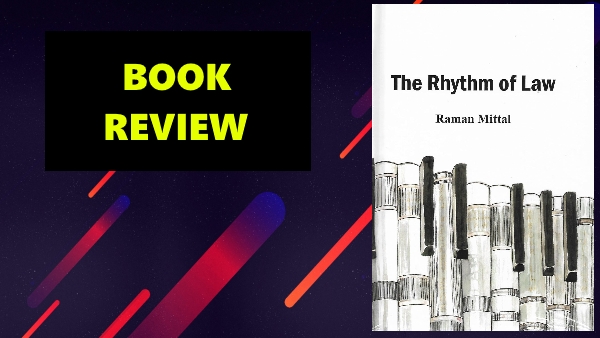In Muhammad Husain Khan vs. Babu Kishva Nandan Sahai case, the Court ruled that property received through the female line of descent is not coparcenary property in which the son has a birthright.
FACTS:
- Ganesh Prasad (A) was the owner of a huge and wealthy estate in this case.
- He died on May 10th, leaving one son, Bindeshri Prasad (S). •Ganesh Prasad (A) had inherited certain possessions, including a hamlet, from his maternal grandfather, and had left his whole inheritance to a trust for religious and philanthropic reasons in his will in 1911.
- He left nothing for his son, and he left nothing for his daughter-in-law.
- Ganesh Prasad is said to have drafted a new will in 1914. He executed a Will of these estates, providing life estate to his son (Bindeshri Prasad), and the possessions were to belong to the son’s widow, totally, upon his death.
- Various conditions led to the determination that the will was legitimate. Despite their tense relationship, there were indications they had settled their disagreements when Ganesh Prasad was sick in his final days. The Collector, who was familiar with Ganesh Prasad’s handwriting, also confirmed the handwriting.
- During Ganesh Prasad’s lifetime, his son incurred debts that he could not repay, and creditors secured a money decree against him.
- The estate was sold in a court auction to fulfill the money decree. The son filed a petition alleging that the creditor’s lawsuit was tainted by fraud. The son died in 1926, and his widow, W, who was substituted in his place, claimed that the son S only had a life interest in the land and that she was the sole owner, and therefore the sale was not binding on her.
LEGAL ISSUES:
What exactly is inherited property?
Is property inherited from a maternal grandpa considered distinct property for a grandson?
CONTENTIONS:
Plaintiff’s contention
Because it was a coparcenary property, A had no jurisdiction to dispose of it because he had received it from his maternal grandpa, who is also an ancestor.
Defendant’s contention
It was argued on behalf of X that the assets in A’s possession, which he had received from his maternal grandfather, were ancestral holdings that, upon A’s death, went to his son, S, under the law of survivorship.
They further claimed that because the properties were coparcenary, A was incompetent to create a Will for them and that if he did, the Will was void.
RATIO DECIDENDI:
Bench: Maugham, S Lal, G Rankin
The Court held that the Mitakshara clearly stated that “ancestral property” is property inherited by a Hindu male from his father, paternal grandfather, or great paternal grandfather only, and that property inherited from a maternal grandfather is separate property in the hands of the daughter’s son.
DECISION:
· Because it was his distinct property, Ganesh Prasad had complete power of disposal, and the daughter-in-law became the absolute owner by the will, execution actions against the husband had no bearing on her claim to the property.
· The Court ruled that property received through the female line of descent is not coparcenary property in which the son has a birthright.
CONCLUSION:
Ganesh Prasad’s will was legal since it dealt with his individual possessions.
Found Muhammad Husain Khan vs. Babu Kishva Nandan Sahai Case summary useful? We have a bunch of useful topics from family law that will help you in your preparation here >>> FAMILY LAW
Check out our YouTube Channel for free legal videos >>> LAW PLANET YT





